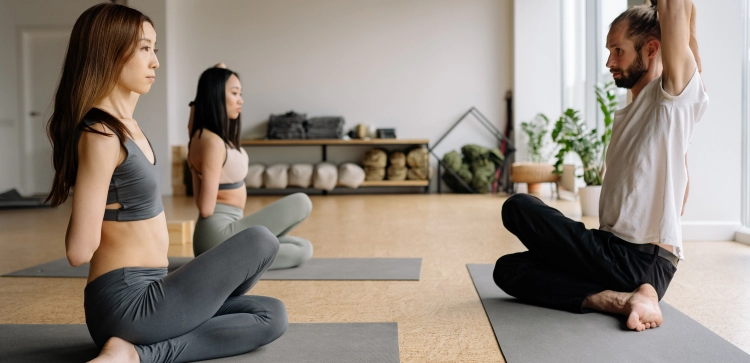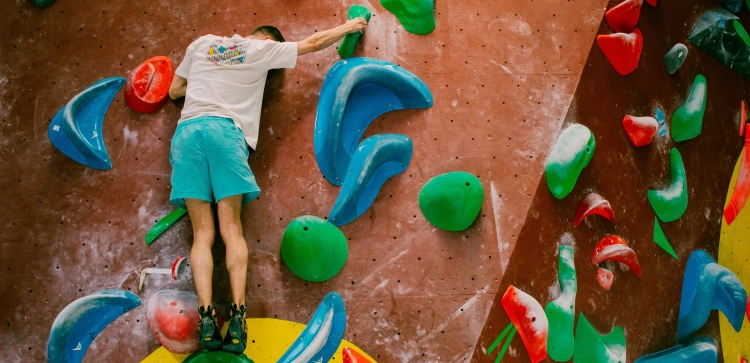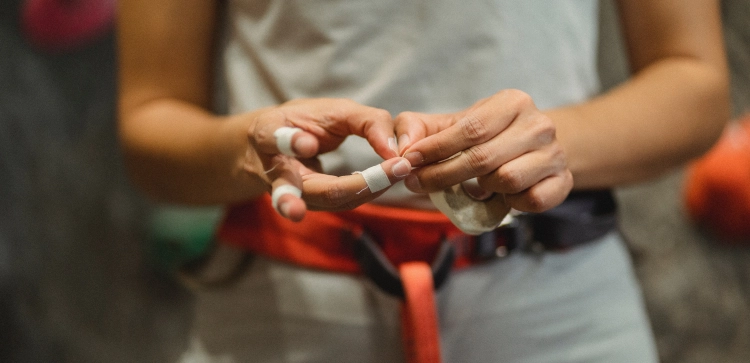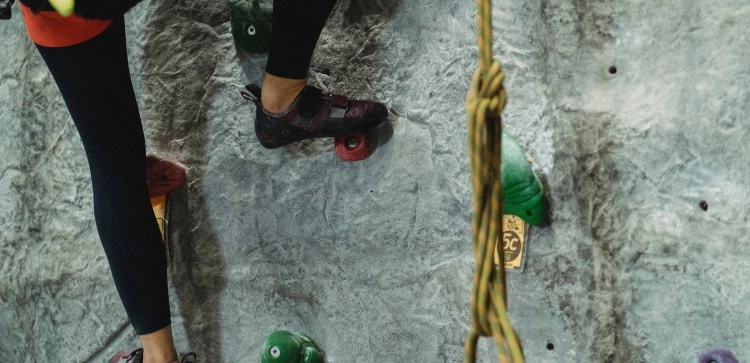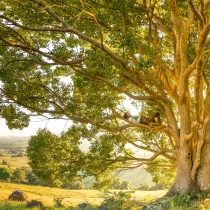What's The Importance Of Rest And Recovery In Climbing?

Climbing is a physically demanding sport that challenges both your strength and endurance. While it's tempting to push your limits every day, understanding the significance of rest and recovery is crucial for long-term climbing success. In this article, we'll explore why rest and recovery are essential for climbers and how they impact your performance, injury prevention, and overall well-being.
- What Happens To Your Muscles During Rest And Recovery, And Why Is It Crucial For Climbing Performance?
- Can Overtraining Lead To Climbing-Related Injuries, And How Can Rest Prevent Them?
- What Are Some Effective Rest Day Activities And Strategies For Climbers?
- Is There An Ideal Frequency For Rest Days In A Climbing Training Program, And How Does It Vary Among Climbers?
- Conclusion
What Happens to Your Muscles During Rest and Recovery, and Why Is It Crucial for Climbing Performance?
Rest and recovery play a pivotal role in muscle repair and growth. When you climb or engage in strenuous physical activities, your muscles undergo stress and micro-tears. It's during rest that your body works to repair these tears, making your muscles stronger and more resilient.
The Science of Muscle Recovery - Micro-Tears and Adaptation
-
Muscle Repair: During rest, your body prioritizes repairing muscle fibers damaged during climbing. This process is essential for muscle growth and adaptation to climbing-specific demands.
-
Energy Restoration: Rest allows your body to replenish depleted energy stores, ensuring you have the stamina for your next climbing session.
-
Central Nervous System Recovery: Climbing challenges not only your muscles but also your central nervous system. Adequate rest helps restore neural function, improving coordination and technique.
Can Overtraining Lead to Climbing-Related Injuries, and How Can Rest Prevent Them?
Overtraining is a common concern among climbers, and it can lead to various climbing-related injuries. Pushing your body beyond its limits without sufficient rest increases the risk of overuse injuries, such as tendonitis, strains, and stress fractures.
Preventing Overuse Injuries - The Importance of Rest Days
-
Tendon Health: Tendons, crucial for climbing, require longer recovery periods than muscles. Rest days give tendons the time they need to heal and adapt.
-
Injury Avoidance: Rest days are essential for injury prevention. They allow your body to recover fully, reducing the chances of overuse injuries that can sideline your climbing.
What Are Some Effective Rest Day Activities and Strategies for Climbers?
Rest days don't mean complete inactivity. Engaging in purposeful, restorative activities can enhance your recovery and prepare you for future climbing sessions.
Rest Day Activities - Active Recovery and Cross-Training
-
Yoga and Stretching: Incorporating yoga or stretching routines on rest days can improve flexibility, mobility, and body awareness.
-
Low-Impact Cardio: Gentle cycling, swimming, or walking can boost blood flow without taxing your climbing-specific muscles.
-
Strength and Conditioning: Target different muscle groups on rest days with strength and conditioning exercises. Focus on areas that complement climbing, such as core and antagonistic muscle groups.
Is There an Ideal Frequency for Rest Days in a Climbing Training Program, and How Does It Vary Among Climbers?
The frequency of rest days varies among climbers and depends on factors like climbing experience, training intensity, and individual recovery capacity. While there's no one-size-fits-all answer, understanding your body's signals is key.
Customizing Your Rest Schedule By Listening to Your Body
-
Beginners: Novice climbers may require more frequent rest days to adapt to climbing's physical demands.
-
Intermediate and Advanced Climbers: Experienced climbers can often handle more intense training but should still prioritize regular rest days.
-
Recovery Signs: Pay attention to signs of overtraining, such as persistent fatigue, decreased performance, or lingering soreness. Adjust your rest schedule accordingly.
Conclusion
Rest and recovery are not optional aspects of climbing; they are integral to your success and longevity in the sport. Understanding the science behind muscle recovery, injury prevention, and effective rest day strategies can make a significant difference in your climbing journey.
By prioritizing rest and listening to your body's signals, you'll not only perform better on the wall but also reduce the risk of injuries that could sideline your progress. Remember that rest days are an essential part of the climbing process, helping you stay strong, resilient, and ready for your next climbing adventure.

